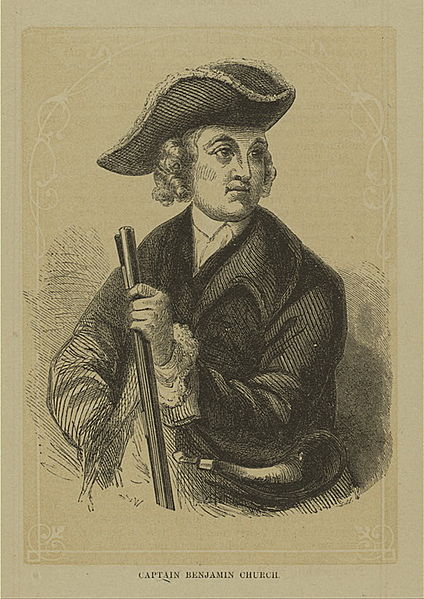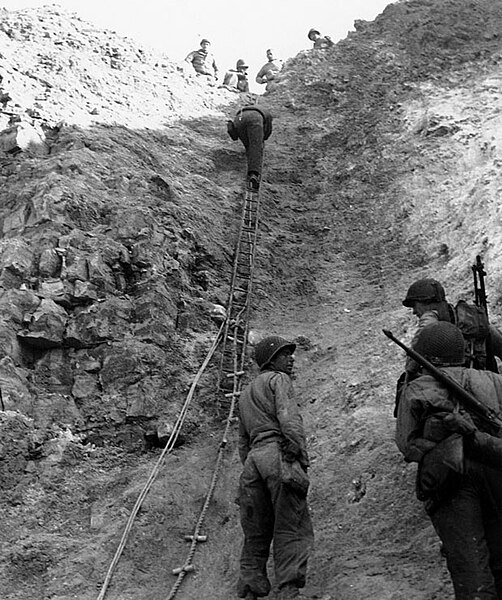Eighth Army Ranger Company
The Eighth Army Ranger Company, also known as the 8213th Army Unit, was a Ranger light infantry company of the United States Army that was active during the Korean War. As a small special forces unit, it specialized in irregular warfare. Intended to combat the North Korean (NK) commandos who had been effective at infiltration and disruption behind United Nations (UN) lines, the Eighth Army Ranger Company was formed at the height of the Battle of Pusan Perimeter in September 1950 and was the first U.S. Army Ranger unit created since World War II. The company went into action as a part of the 25th Infantry Division during the UN advance into North Korea in October and November. It was best known for its defense of Hill 205 against an overwhelming Chinese attack during the Battle of the Ch'ongch'on River which resulted 41 of the 51 Rangers becoming casualties.
Chinese troops chase after retreating 25th Infantry Division troops after the battle.
United States Army Rangers
The United States Army Rangers are U.S. Army personnel who have served in any unit which has held the official designation of "Ranger". The term is commonly used to include graduates of the Ranger School, even if they have never served in a "Ranger" unit; the vast majority of Ranger school graduates never serve in Ranger units and are considered "Ranger qualified".
Colonel Benjamin Church (1639–1718) from the Plymouth Colony, father of American Ranging
D-Day, Pointe du Hoc
Rangers en route to liberate allied soldiers in the Cabanatuan POW camp
7 April 1968. Company E LRP team at LZ Stud awaiting Khe Sanh patrol





